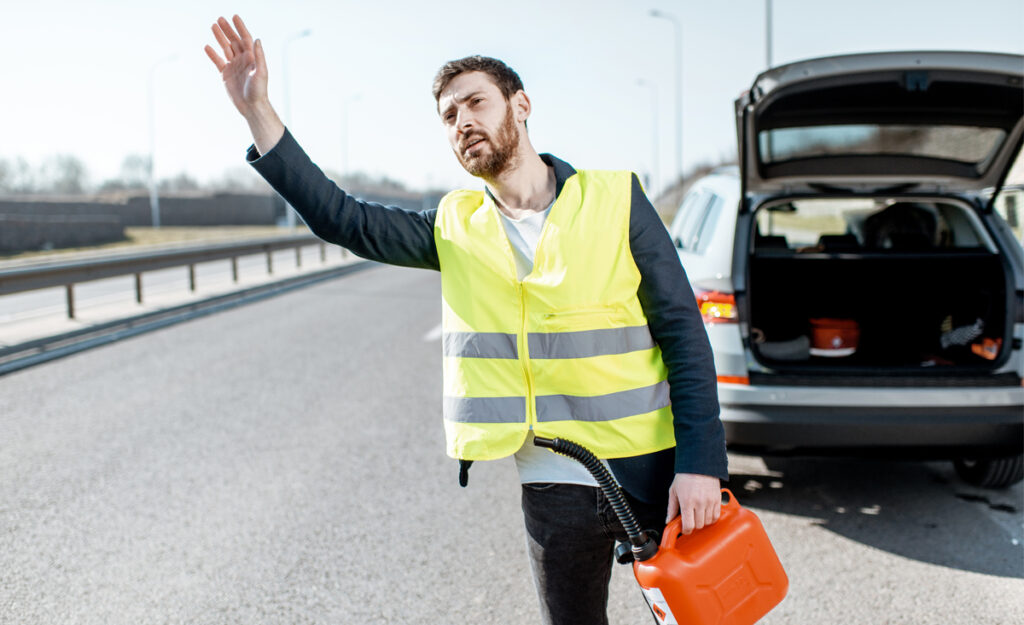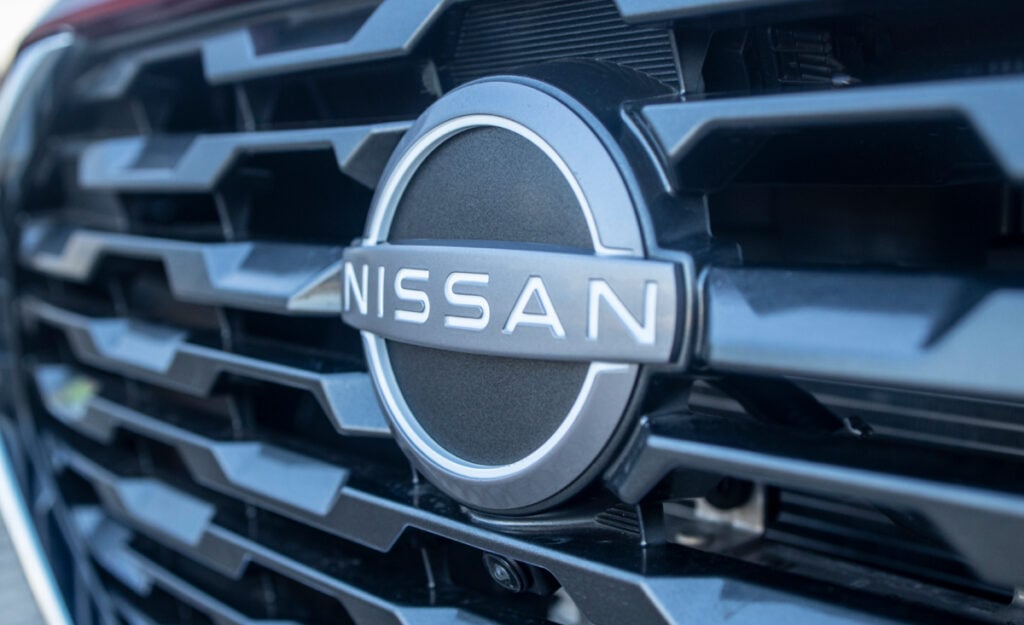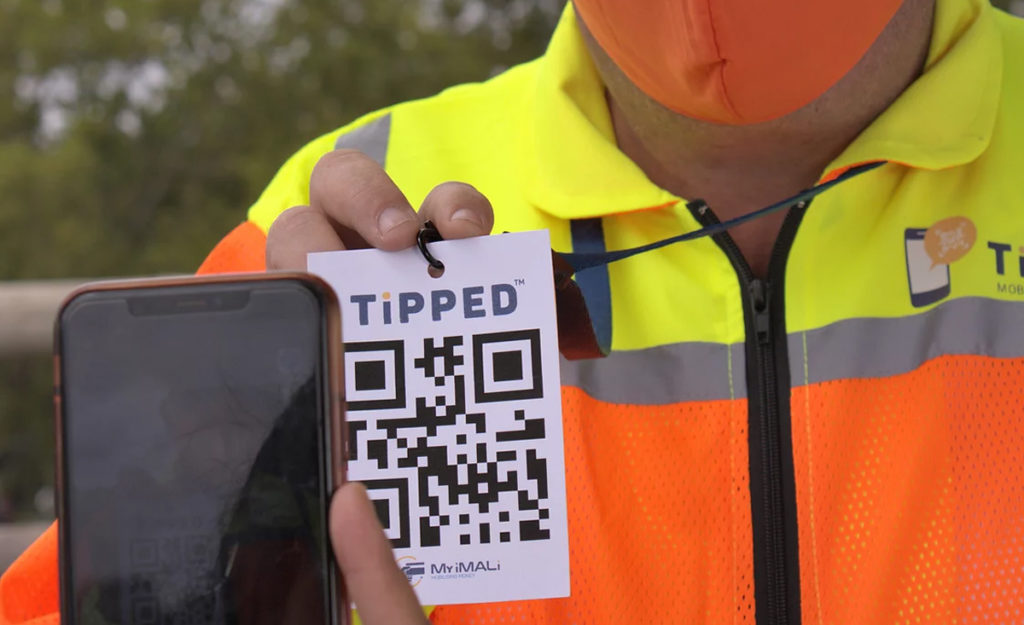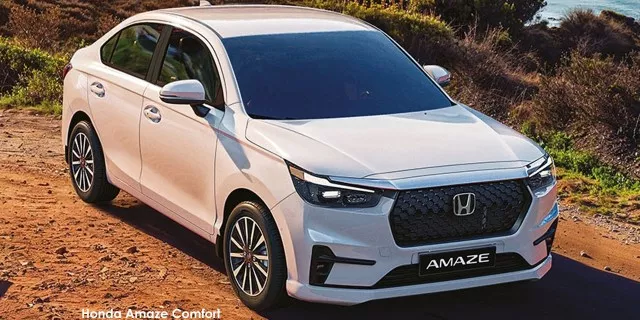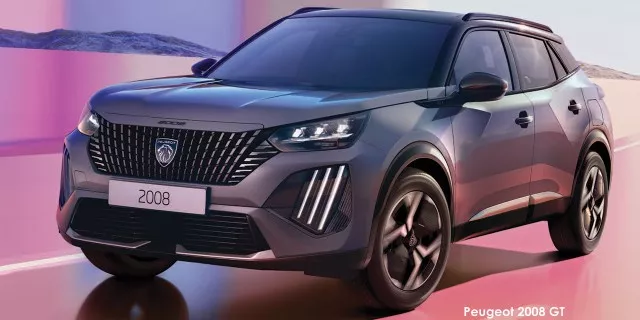Petrol prices in South Africa vs 9 other African countries

Following yet another fuel price hike in November, South Africa’s petrol and diesel are once again reaching peak levels.
As it stands, local motorists not living along the coastlines pay R22.87 for a litre of petrol and R25.75 for a litre of diesel.
If current market conditions persist, petrol prices are in for another hike come December, however, the cost of diesel may be coming down ever so slightly.
As countries around the globe grapple to contain soaring fuel prices, we look at what South Africa is currently paying compared to its closest neighbours.
South Africa vs The African continent
According to the Department of Energy, South Africa is the main supplier of petrol and diesel to its neighbours Botswana, Namibia, Lesotho, and Swaziland.
Other African countries that have also sourced fuels from South Africa in the past include Mozambique, Nigeria, the Democratic Republic of the Congo (DRC), Uganda, and Zambia, reveals data from the Worldbank.
As of mid-November 2022, the price per litre for the various grades of fuel in South Africa and these export markets are as follows:
| Country | Petrol | Diesel |
|---|---|---|
| Botswana | R19.60 | R23.50 |
| DRC | R23.37 | R23.28 |
| Lesotho |
R21.62 | R26.47 |
| Mozambique | R24.14 | R24.42 |
| Namibia | R19.94 | R23.93 |
| Nigeria | R7.72 | R31.82 |
| South Africa | R22.87 | R25.75 |
| Swaziland | R20.85 | R23.33 |
| Uganda | R29.05 | R27.46 |
| Zambia | R26.43 | R29.77 |
Data collected from GlobalPetrolPrices.com on 15 November.
Taxes are making fuel expensive
Despite South Africa being the main supplier of fuels to its closest neighbours, fuel prices in these countries, on average, are still lower than they are domestically.
One plausible explanation for the differing prices is the way that the respective governments impose taxes and levies on the precious liquids.
Locally, approximately R6.81 of each litre of fuel goes to taxes and levies in the form of the General Fuel Levy (R3.93 p/l), Road Accident Fund Levy (R2.18 p/l), and Slate Levy (70.14 cents p/l).
On top of this comes the basic fuel price (BFP), currently sitting at R11.80-R12.10 p/l for petrol and R16.80-R17.05 p/l for diesel, as well as wholesale/retail margins and distribution costs which make up the remaining amount.
When taking a country like Namibia, for example, motorists pay between R1.82-2.93 less for fuels in this market.
While Namibia implements a total of four tariffs – NAMCOR, MVA, general fuel tax, and road user charges – these only add up to NAD2.96 (R3.42), roughly half of the taxes that South African fuels are subject to.
As a result, levies on Namibian fuels make up around 14-17% of each litre that is sold, significantly less than South Africa’s 26-30%.
This echoes the comments of Liquid Fuel Wholesalers Association CEO, Peter Morgan, who said that rather than deregulating fuel prices in South Africa in an effort to bring them down, government should review the applicable taxes and levies.
